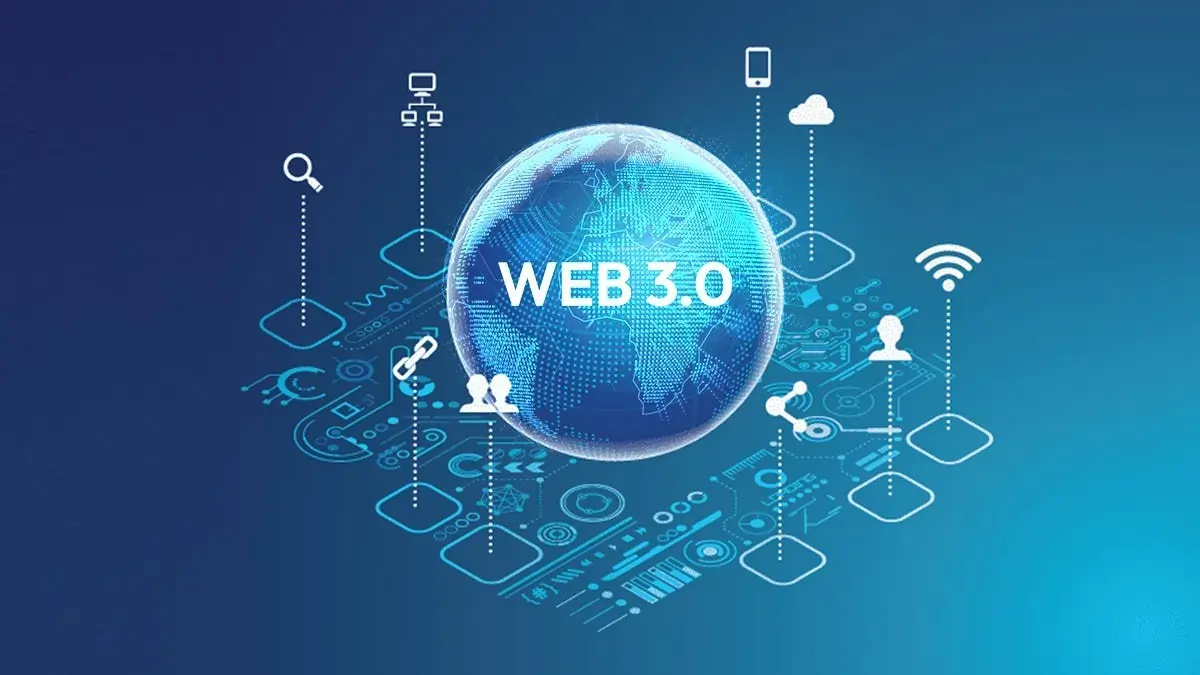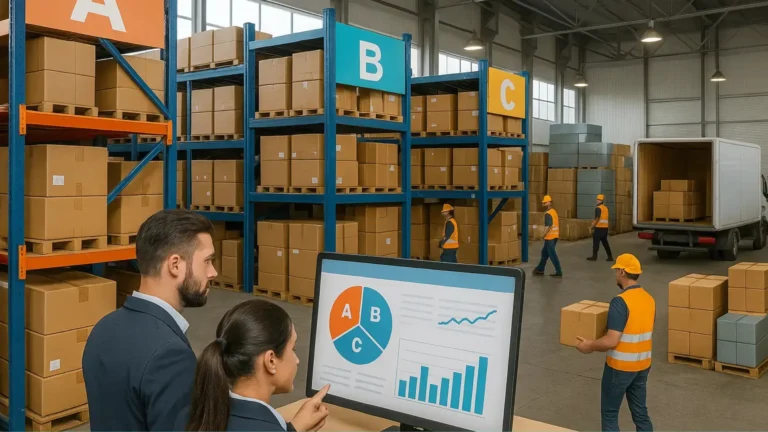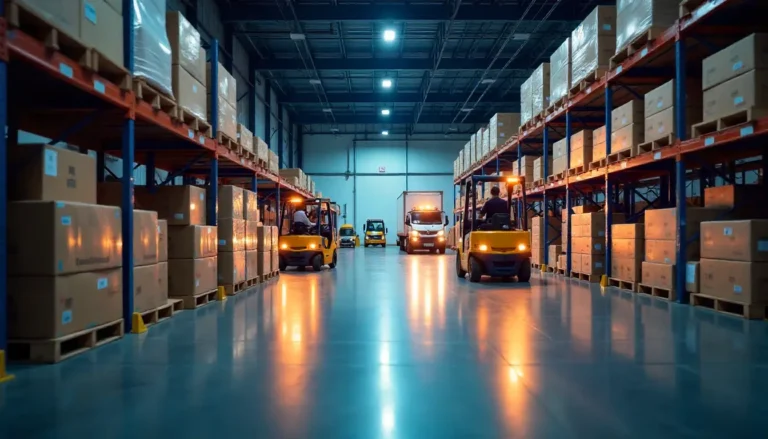
How Web3 is Reshaping Content Creation
Web3, the decentralized iteration of the internet, is poised to fundamentally alter the landscape of content creation and monetization. By leveraging blockchain technology, Web3 empowers creators with greater control over their work, fostering a more equitable and transparent ecosystem. This shift is challenging traditional models and opening up new avenues for creators to connect with their audience and generate revenue.
The Limitations of Web2 Content Creation
Web2 platforms, while providing tools for content creation and distribution, often suffer from:
- Centralized Control: Platforms dictate algorithms, terms of service, and monetization policies.
- Platform Dependency: Creators are beholden to platform rules and can be de-platformed or censored.
- Lack of Ownership: Creators often lack ownership of their content and data.
- Limited Monetization: Platforms take a significant share of revenue, leaving creators with a smaller cut.
- Data Exploitation: User data is often collected and monetized by platforms without explicit consent.
Web3: A New Paradigm for Content Creation
Web3 offers a decentralized alternative that addresses these limitations.
Key Features of Web3 for Content Creators
Decentralized Platforms
- Blockchain-based platforms provide censorship resistance and greater control for creators.
- Decentralized social networks and content distribution platforms empower creators to bypass traditional gatekeepers.
NFTs and Digital Ownership
- Non-fungible tokens (NFTs) enable creators to tokenize their content, establishing verifiable ownership and scarcity.
- NFTs provide new avenues for monetization, allowing creators to sell digital art, music, videos, and other forms of content.
Tokenized Economies
- Cryptocurrencies and tokens facilitate direct monetization and community building.
- Creators can issue their tokens to reward fans, incentivize engagement, and build sustainable economies.
DAOs and Community Governance
- Decentralized autonomous organizations (DAOs) enable creators to involve their community in decision-making and governance.
- This fosters a more collaborative and participatory ecosystem.
Data Sovereignty
- Web3 empowers creators to control their data and choose how it’s used.
- Decentralized data storage and privacy-preserving technologies enhance data security and user control.
Impact on Content Monetization
Web3 is reshaping content monetization by:
- Direct Fan Monetization: Creators can bypass intermediaries and monetize their content directly from fans through NFTs and tokenized economies.
- New Revenue Streams: NFTs and decentralized marketplaces provide new avenues for creators to generate revenue.
- Increased Transparency: Blockchain-based transactions ensure transparency and accountability in revenue sharing.
- Community-Driven Funding: DAOs and tokenized economies enable creators to crowdfund projects and build sustainable communities.
Challenges and Considerations
- User Experience: Web3 technologies can be complex and require a steep learning curve.
- Scalability: Blockchain networks may face scalability challenges in handling large volumes of transactions.
- Security Risks: Smart contract vulnerabilities and security breaches can lead to financial losses.
- Regulatory Uncertainty: Regulations surrounding cryptocurrencies and NFTs are still evolving.
- Environmental Impact: Some blockchain networks consume significant amounts of energy.
The Future of Web3 Content Creation
Web3 has the potential to revolutionize content creation and monetization, creating a more equitable and sustainable ecosystem for creators. As the technology matures and adoption increases, we can expect to see:
- Increased adoption of NFTs and tokenized economies.
- Development of user-friendly Web3 platforms and tools.
- Growth in decentralized social networks and content distribution platforms.
- Greater integration of Web3 with other emerging technologies, such as AR/VR and the metaverse.
Web3 is ushering in a new era of content creation, empowering creators to take control of their work and build sustainable careers.





